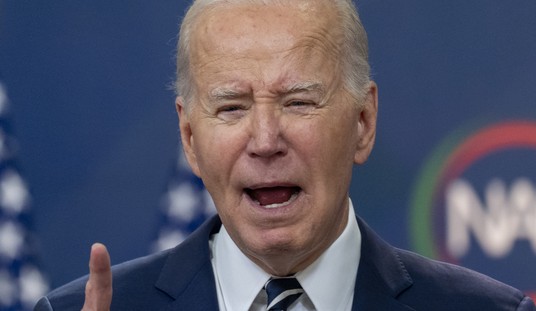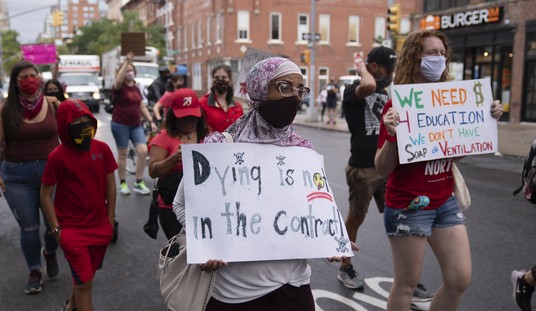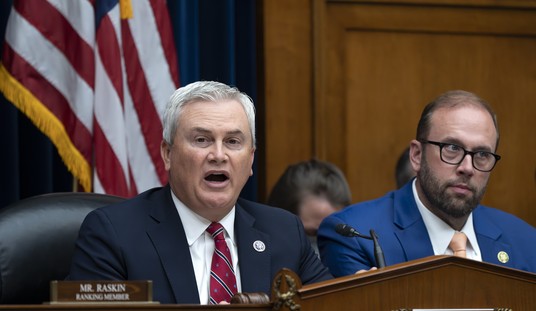This past Memorial Day weekend marked a time for friends and families to recall fond memories of service members lost on the battlefield. But, for many soldiers returning from active war zones, painful jarring memories in the form of post-traumatic stress disorder (PTSD) leave these emotionally wounded warriors restless, anxious, and potentially suicidal.
Federal numbers indicate the toll of mental illness on returning soldiers and veterans through suicide over the past two years has begun to exceed combat casualties during the same period of time. Worse yet, many of these soldiers who actively seek help are stranded for months on end awaiting mental health referral by an undermanned Veterans Administration (VA) health system.
A 2008 Rand study estimates 1 in 5 veterans returning from Iraq and Afghanistan suffer from PTSD. The sheer number of new entrants fresh from combat zones has overwhelmed the VA health system. Over 1 million veterans are on the waiting list for decisions on disability claims with an additional 10,000 new patients entering the VA health system each month, according to a lawsuit filed against the VA by veterans advocacy groups.
These staggering numbers persuaded the 9th US Circuit Court of Appeals to rule against the VA two weeks ago, finding them responsible for "unchecked incompetence" and ordering an immediate overhaul of its mental health programs. The decision awaits potential appeal up to the US Supreme Court.
But, delays through appeal will do nothing to help stem the tide of veterans currently seeking help. The Veterans Crisis Line for suicide prevention fielded over 14,000 calls this past April, the highest monthly volume in the 4-year history of the program. An alarming average of 18 veterans commits suicide every day, according to the 9th Circuit's decision. Thus, weeks and months of waiting for medical treatment translate into untold numbers of unnecessary deaths.
Recommended
It's not just young soldiers returning fresh from the war zones of Iraq and Afghanistan who have overwhelmed VA patient rolls. Rising numbers of Vietnam veterans have begun to enter retirement, and the sudden lifestyle change has aggravated recurrence of heightened startle response and insomnia-like symptoms.
Many of these older veterans were previously characterized as suffering immature personality disorder, rather than PTSD, simply because the diagnosis of PTSD was not medically known at the time. Subsequently, these veterans with a psychiatric misdiagnosis were unable to seek medical care due to the pre-existing diagnosis of a personality disorder.
For a system facing a backlog, a misdiagnosis of psychiatric condition not only helps reduce the number of patients seeking treatment for service-related disabilities, but also the accompanying compensation. Soldiers diagnosed with PTSD may receive monthly disability compensation up to a few thousand dollars, while those classified under the lesser categories of personality and adjustment disorders are not eligible for remuneration.
In 2008, Senate congressional committees looked into a Texas VA medical center PTSD coordinator who suggested considering diagnosing more soldiers with adjustment disorder, since the VA did not have the time to do the necessary testing for PTSD.
Attorneys for the veterans groups say the VA has attempted to stem the backlog by hiring social workers rather than physicians to manage treatment. Veterans are also provided cheaper group therapy sessions, as opposed to individually tailored treatments. Additionally, facing reduced numbers of hospital beds, treatment involves resorting to faster outpatient visits versus inpatient hospitalization.
In order to increase access of mental health services, the VA has routed veterans through primary care channels in order to deflect the stigma commonly associated with seeking mental health services.
However, access means nothing without availability. While a national health care system like the VA provides entry and potential access for thousands of new patients, all these new insured patients ultimately may not receive timely medical care due to the lack of available doctors. The backlog of patients needing treatment at the VA portends potential problems with the Patient Protection and Affordable Care Act ("Obamacare"). Without increasing the numbers of primary care doctors, or the gatekeepers of the medical system, any universal access health program will fail to meet the expectations of its patients by creating long waiting lists, as seen by the underfunded and undermanned VA system.

























Join the conversation as a VIP Member